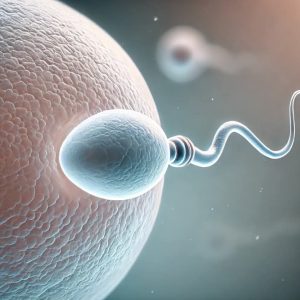
Men remain fertile from puberty until the end of their lives, producing millions of sperm every day.
In contrast, women have a finite fertility window, beginning at puberty and ending with menopause.
Women are born with approximately 1 million eggs in the form of ovarian follicles, but they cannot produce more eggs throughout their lifetime.
Each month, only one egg is released during ovulation, and it remains viable for 12 to 24 hours, while sperm can survive in the female reproductive tract for 2 to 3 days. Male fertility is continuous, with an estimated 1,500 sperm produced every second and up to 8 billion sperm regenerated by the end of a full sperm production cycle.
Fertility declines with age for both men and women, though it happens earlier for women. Female fertility begins to decrease after 30, with a 25% chance of conceiving naturally under 30, dropping to 20% after 30, and to just 5% by age 40.
Male fertility also declines, typically starting around 40 to 45 years, due to reduced testosterone levels and decreased sperm quantity and quality. Infertility affects both genders, with female-related issues responsible for 40% of cases, male factors accounting for 30%, and both partners involved in 20% of cases.
Factors like weight and smoking also play significant roles in fertility; 12% of female infertility is linked to being overweight or underweight, and smoking accounts for 13% of female infertility. Genetic factors further influence fertility in both men and women, impacting egg supply in women and sperm production in men.
Peoplesmind
